New York State lowers the bar for students in Math and English
It’s become obvious that there is a downward trend in national standardized test scores, and some states and districts are deciding to lower the bar. In March, a scoring committee that reports to the Board of Regents in New York has said that, taking into account the drop in test scores for students in grades three through eight, they need to set new performance standards. The committee is proposing new scoring methodology.
This comes after some shocking drops in test scores in New York. For example, in Schenectady, not one single eighth grader who took the math test scored as proficient. So now, the committee wants the Board of Regents to reconsider what the lowest score a student can get to reach achievement level will be.
“Yes, there’s learning loss between 2019 and 2022, but in some ways we don’t want to keep going backwards,” said Marianne Perie, Technical Advisory Committee Co-Chair. “We’re at this new normal. So for New York we are saying the new baseline is (the test results from) 2022.”
Some educators and parents point to the tests themselves as the problem, suggesting adaptive tests, which offer easier or harder questions based on what the student gets right, as well as alternatives to testing. Board of Regents member Frances Wills questioned the tests, saying public confidence in education has declined since state testing for students in third through eighth grades began. Others argue that the changes will undermine the credibility of the tests.
Other States Take a Different Approach
After the NAEP test results came out, New Mexico lawmakers pushed to boost instructional time in public schools to combat the fall in student test scores. Rather than lower expectations, New Mexico is planning to increase classroom hours beginning with the 2023/24 school year.
House Bill 130 passed through the New Mexico state House without opposition and was signed into law by New Mexico governor Michelle Lujan Grisham on March 16. “The more time in the classroom, better results,” she said.
The bill increases learning time in public schools to 1,140 hours and has added professional development time for teachers. Districts will have some flexibility in when to add the hours.
Sources: Times Union and Albuquerque Journal
Concerned about falling test scores?
Personal, private, individualized tutoring can help
Many students struggling with Math, English, Reading, Social Studies, History, or Civics are able to make significant progress with individualized tutoring. In a classroom or group setting, it’s very difficult for students who may need some extra help to get personal attention. If you think your child is struggling, and could benefit from spending tutoring time with a certified teacher, classroom-experienced, in a private online one-on-one setting, we can help.

